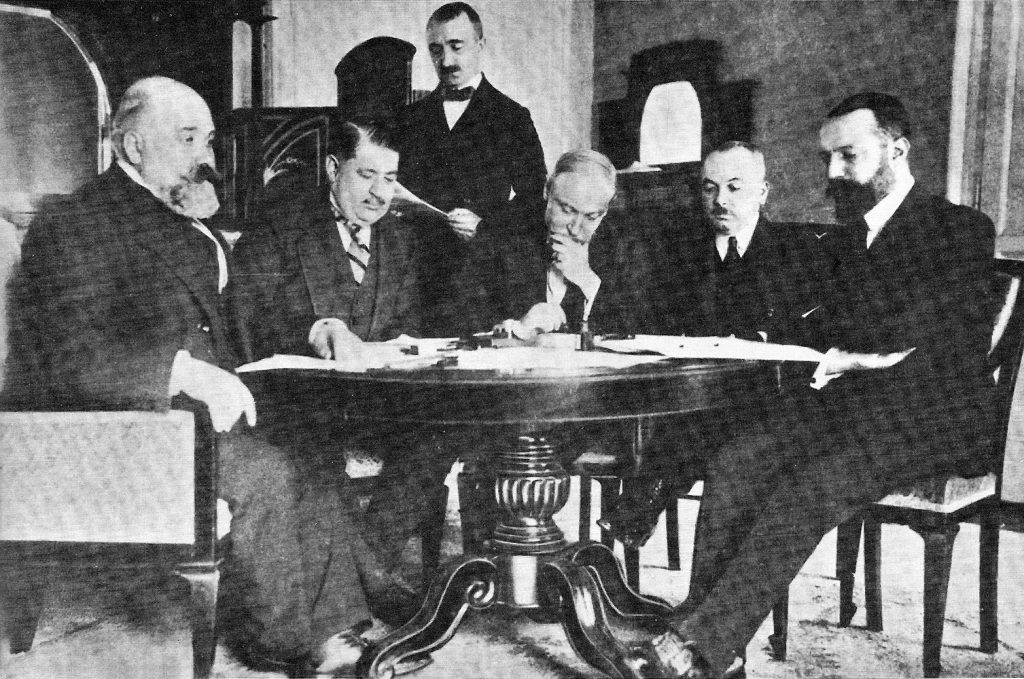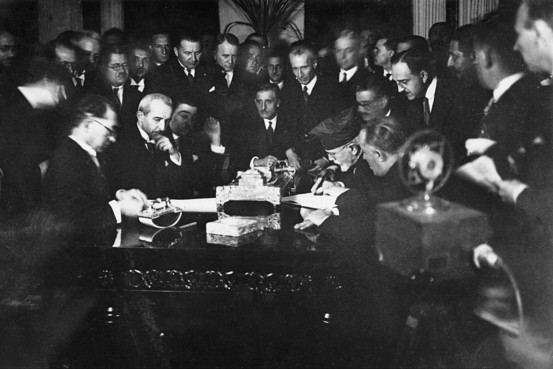The Treaty of Lausanne was the final treaty that concluded World War I, settling the fight between Turkey and Britain, France, Italy, Japan, Greece, Romania, and the Kingdom of Serbs, Croats, and Slovenes (Yugoslavia).
The treaty recognised the boundaries of the modern state of Turkey, with Turkey making no claim to its former Arab provinces. Hence, the Treaty of Lausanne led to the international recognition of the sovereignty of the new Republic of Turkey as the successor state of the defunct Ottoman Empire.
Following negotiations, the Greek-Turkish border was defined on land to the middle course of the river Evros. At sea, every island and islet is attributed to Greece, so long as it is located beyond three miles from the coasts of Asia Minor, except Imbros and Tenedos.

Upon the signing of the treaty in 1923, the Turkish straits between the Aegean Sea and the Black Sea were declared open to all shipping.
The Greek-Turkish border has remained undisputed for 98 years, until the admission of Turkish President Recep Tayyip Erdoğan.
The ‘power-hungry’ Turkish leader seeks to institute certain revisions in the Treaty of Lausanne under the concept of Neo-Ottomanism. He also laments the content of the treaty that forced Turkey to cede the Aegean islands to Greece.

